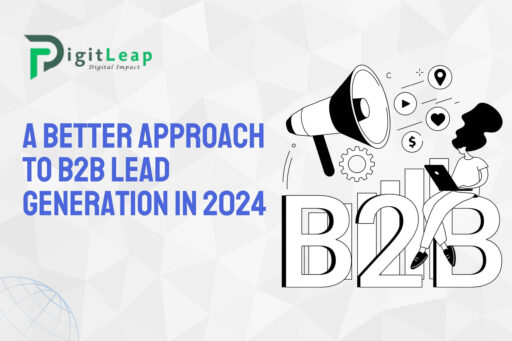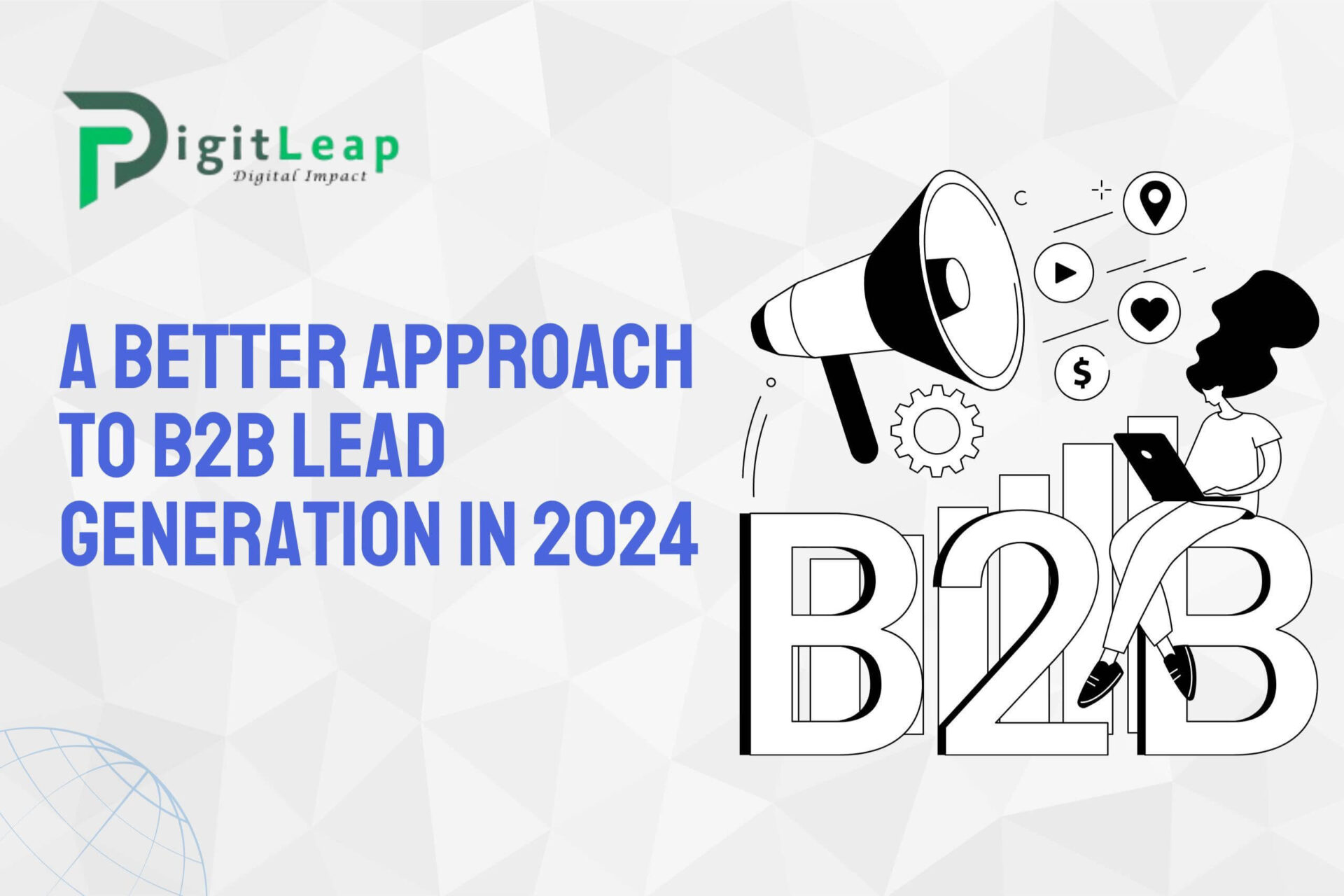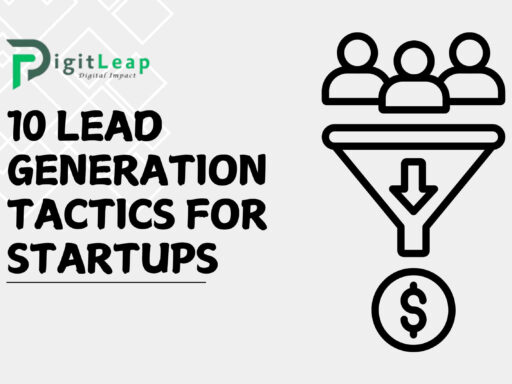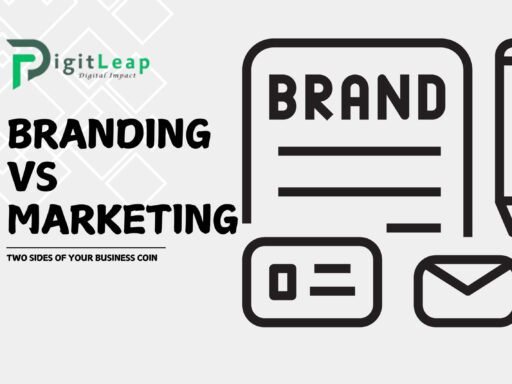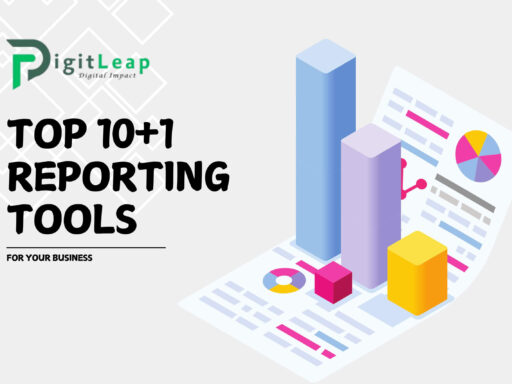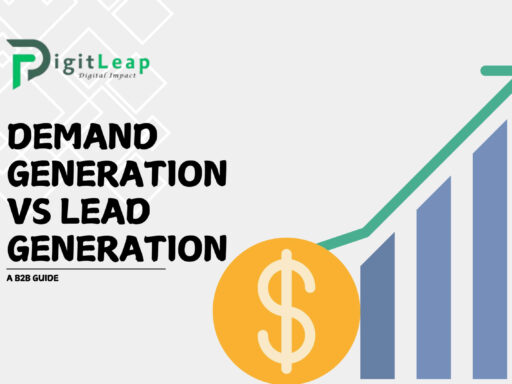A Better Approach to B2B Lead Generation in 2024
As we move deeper into 2024, the landscape of B2B lead generation continues to evolve, driven by technological advancements and shifting buyer behaviors. To thrive in this competitive environment, businesses must adopt innovative strategies that prioritize personalization, data-driven decision-making, and relationship-building. This guide explores the best practices and emerging trends for effective B2B lead generation this year.
B2B Lead Generation Landscape
B2B lead generation refers to the process of identifying and attracting potential clients for a business’s products or services. This process has traditionally relied on methods such as cold calling, email marketing, and networking events. However, the rapid development of digital marketing tools and the changing expectations of B2B buyers require a more nuanced approach.
Key Changes in B2B Buyer Behavior
- Research-Driven Decisions: B2B buyers increasingly rely on online research before making purchasing decisions. They seek information through reviews, case studies, and detailed product descriptions.
- Preference for Personalization: Buyers expect personalized content and interactions tailored to their specific needs and pain points.
- Increased Use of Digital Channels: Social media, webinars, and online forums play a significant role in how B2B buyers discover and evaluate potential suppliers.
Effective B2B Lead Generation Strategies for 2024
1. Leverage Account-Based Marketing (ABM)
Account-Based Marketing (ABM) is a targeted approach that treats individual accounts as markets in their own right. This strategy allows businesses to focus their efforts on high-value accounts, tailoring marketing and sales efforts specifically to them.
Key Steps for Successful ABM:
- Identify High-Value Accounts: Use data analysis to identify companies that align with your ideal customer profile (ICP).
- Personalize Outreach: Develop customized marketing campaigns that address the specific challenges and goals of each target account.
- Engage Multiple Stakeholders: Recognize that B2B purchases often involve multiple decision-makers, and ensure your messaging resonates with each stakeholder.
2. Enhance Content Marketing Efforts
Content marketing remains a powerful tool for lead generation. In 2024, focus on creating high-quality, informative content that addresses the specific needs and pain points of your target audience.
Content Marketing Best Practices:
- Create Educational Resources: Develop eBooks, whitepapers, and webinars that provide valuable insights into industry trends and best practices.
- Utilize SEO Strategies: Optimize your content for search engines to increase visibility and attract organic traffic.
- Repurpose Content: Transform blog posts into videos, infographics, or podcasts to reach a broader audience.
3. Utilize Data-Driven Marketing
Data-driven marketing involves using analytics to make informed decisions about marketing strategies and lead generation efforts. By analyzing customer data, businesses can tailor their marketing to better meet the needs of their audience.
Steps to Implement Data-Driven Marketing:
- Invest in Analytics Tools: Use tools like Google Analytics, HubSpot, or Salesforce to gather and analyze data about your audience.
- Segment Your Audience: Create detailed buyer personas based on demographic and behavioral data to tailor your marketing efforts.
- Monitor Campaign Performance: Continuously track and analyze the performance of your lead generation campaigns to identify areas for improvement.
4. Embrace Social Selling
Social selling leverages social media platforms to build relationships and generate leads. In 2024, businesses should focus on engaging with their audience on platforms like LinkedIn, Twitter, and Facebook.
Tips for Effective Social Selling:
- Build a Strong Personal Brand: Establish yourself or your company’s presence on social media by sharing valuable content and engaging with industry discussions.
- Participate in Relevant Groups: Join LinkedIn or Facebook groups related to your industry to connect with potential leads and share your expertise.
- Use Paid Advertising: Invest in targeted ads on social media to reach specific demographics and drive traffic to your lead generation content.
5. Focus on Building Relationships
In B2B marketing, relationships are crucial. Building trust and rapport with potential clients can lead to more successful conversions.
Relationship-Building Strategies:
- Networking Events: Attend industry conferences, trade shows, and webinars to connect with potential clients and establish your presence.
- Follow-Up: Implement a robust follow-up process to nurture leads. Personalized emails and check-in calls can keep your business top-of-mind.
- Offer Value First: Provide value to your leads before asking for a sale. This could be in the form of free consultations, informative resources, or access to exclusive webinars.
6. Implement Advanced Marketing Automation
Marketing automation streamlines lead generation processes, allowing businesses to manage campaigns more efficiently. In 2024, utilize advanced automation tools to enhance your marketing efforts.
Benefits of Marketing Automation:
- Lead Scoring: Automatically score leads based on their behavior and engagement with your content to prioritize follow-ups.
- Personalized Campaigns: Automate personalized email campaigns that cater to specific segments of your audience.
- Analytics and Reporting: Use automation tools to track campaign performance and gather insights for future strategies.
FAQs
Q1. What is the most effective channel for B2B lead generation?
While it varies by industry, content marketing and social media are highly effective channels for B2B lead generation.
Q2. How can I improve my lead conversion rates?
Focus on personalization, follow-up strategies, and building relationships with your leads to improve conversion rates.
Q3. Is account-based marketing suitable for all businesses?
ABM is particularly effective for B2B companies targeting high-value clients but can be adapted for businesses of various sizes.
Q4. How often should I analyze my lead generation strategies?
Regular analysis is essential. Monthly reviews are ideal, but more frequent assessments may be necessary during significant campaigns.
Q5. Can small businesses implement these lead generation strategies?
Absolutely! Many of these strategies, such as content marketing and social selling, are cost-effective and scalable for small businesses.
Final Thoughts
As we navigate 2024, a better approach to B2B lead generation will require businesses to adapt to new technologies and buyer behaviors. By embracing strategies like account-based marketing, data-driven marketing, and social selling, businesses can enhance their lead generation efforts and drive sustainable growth. In a world where personalization and relationship-building are paramount, those who prioritize these elements will be well-positioned for success.

